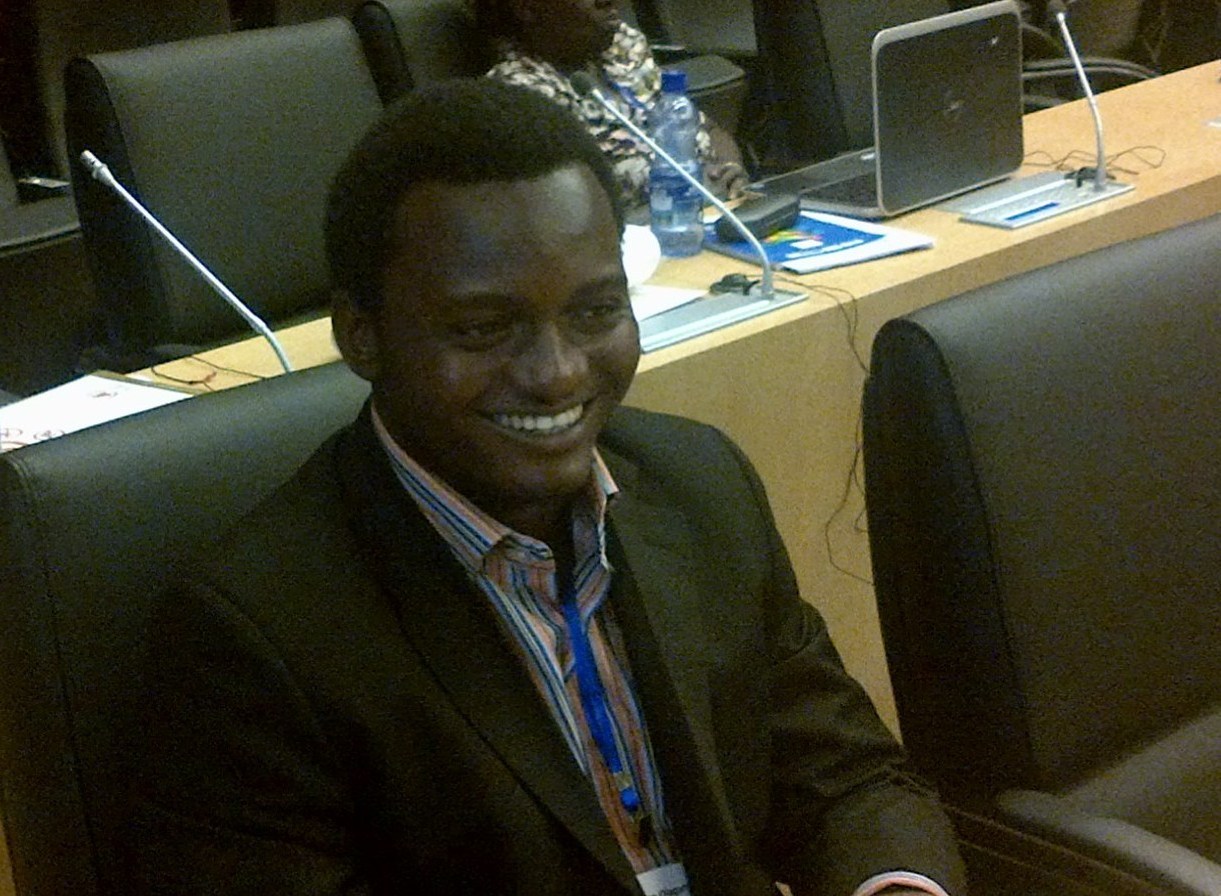Education is key to development and if a nation must advance it must prepare to invest heavily in educating the minds of its people. Some developed and developing societies of the world have not only developed a framework for consistent sound education, they have also carved a niche for themselves in specific fields of life. And this largely helps a country’s reputation and income. Ethiopians for instance are always proud to say that the Ethiopian Pilot Training School is arguably the best in Africa. Needless to say, the Ethiopian Airline is the fastest growing and the most profitable African airline. When we mention certain fields, a certain part of the world readily comes to mind, and that’s basically because they invested heavily in educating themselves optimally.
Though more Africans are getting educated through difficult means and the literacy rate is actually getting better, but considering our snail-like speed, the journey is far. In 1990 the adult literacy rate in all of Africa was 52% with over 177 million illiterates. In 2008, it was 63% with over 200 million illiterates. Africa needs a technologically advanced society and education and more education is the answer since it guarantees deliberate result.
The notable achievement and economic advancement some African countries have achieved would have been impossible without educating the people. One of the beauties of education and technology is that it brings about liberation. Citizens become liberated from the shackles of mental slavery; they become confident and bold to ask questions about their welfare and that goes a long way in putting the government under check and balance. The inability to question authority originates from lack of confidence, due to lack of insights and proper analysis of national issues.
I still strongly feel that African leaders intentionally want to keep their citizens under check by making education out of reach. Why would any government keep undergraduates at home for several months just like the Nigerian government is presently doing? It’s shameful that this continent has the highest number of out of school children. When we keep these young ones in the dark and we keep quiet about it, we put our future in the dark. We reduce our chances for a better tomorrow, and then we become hopeless!
The fact that the impact of educating the young ones might not be felt immediately doesn’t mean that the African continent can get away with refusing to invest in the minds of its people. Must we wait for the next ten or twenty years before we wake up from our slumber? It’s so awful to see some schools in Lagos, Nigeria where pupils still sit on the floor basically because there are no chairs.
Some friends and myself were in a school in Lagos a few years ago while carrying out a community project that involved donating books to schools. I couldn’t stand the heat in some of the classes and I was wondering how these kids would ever be able to understand what was being taught. Even when they get to learn, what about their esteem and confidence level? We don’t treat kids like animals and then expect that they would be able to stand tall with their counterparts in other parts of the world. Saturday Punch of 1st December 2013 showed pictures of how kids still sit on the floor to receive lessons. And you can’t but wonder if chairs are that expensive. I saw a similar case for the first time in a northern state where the governor’s sons are presently being charged for money laundry.
If Africa will ever become relevant, it must first gain relevance in the knowledge-intensive global economy. It must be able to show off a critical mass of literate that are innovative, given to problem solving and dedicated to a lifestyle of learning, and this must be done in an accelerated timeframe. How do we hope to achieve that with poor education materials, useless libraries with irrelevant books, and the worst of all, our outmoded programs and curriculum? How do we still expect pupils to learn by cramming in the 21st century and then we expect them to become entrepreneurs with critical thinking skills?
Development comes with top class education and acquisition of knowledge. If it is true that a chain is as strong as its weakest link, it can also be said that a nation is as weak as its least educated group. We become weak, irrelevant, archaic and backward as a continent when we permit ignorance which births underdevelopment.
Lanre Olagunju is an hydrologist turned freelance journalist. An alumnus of the American College of Journalism, Lanre advocates on several international platforms for the prosperity and absolute well-being of the African continent. He is @Lanre_Olagunju on Twitter.



